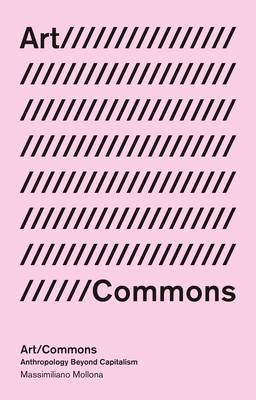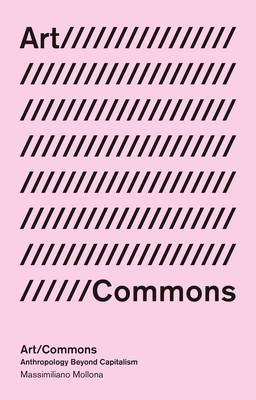
- Afhalen na 1 uur in een winkel met voorraad
- Gratis thuislevering in België vanaf € 30
- Ruim aanbod met 7 miljoen producten
- Afhalen na 1 uur in een winkel met voorraad
- Gratis thuislevering in België vanaf € 30
- Ruim aanbod met 7 miljoen producten
Zoeken
€ 55,95
+ 111 punten
Uitvoering
Omschrijving
Art/Commons is the first book to theorise the commons from the perspectives of contemporary art history and anthropology, focusing on the ongoing tensions between art and capitalism. This study is grounded in an analysis of contemporary artistic and curatorial practices, which the author describes as practices of commoning, based on co-production, participation, mutualism and the valorization of reproductive labour. Mollona proposes a novel theoretical approach to current debates on the commons, and shows that art can provide both a language of anti-capitalist and post-colonial critique as well as a distinctive set of skills and practices of commoning.
Specificaties
Betrokkenen
- Auteur(s):
- Uitgeverij:
Inhoud
- Aantal bladzijden:
- 208
- Taal:
- Engels
- Reeks:
Eigenschappen
- Productcode (EAN):
- 9781786996992
- Verschijningsdatum:
- 3/06/2021
- Uitvoering:
- Paperback
- Formaat:
- Trade paperback (VS)
- Afmetingen:
- 140 mm x 216 mm
- Gewicht:
- 244 g

Alleen bij Standaard Boekhandel
+ 111 punten op je klantenkaart van Standaard Boekhandel
Beoordelingen
We publiceren alleen reviews die voldoen aan de voorwaarden voor reviews. Bekijk onze voorwaarden voor reviews.








